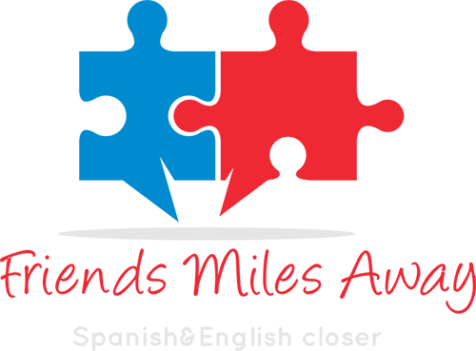¿Nunca te han corregido ALL y añadido OF, o viceversa?
En inglés, tenemos 2 formas de decir «tod@s»: «all» y «every».
Eso sí, cuando usamos ALL, tenemos que tener en cuenta que puede ir acompañado de un sustantivo en plural o singular. Sin embargo, cuando usamos EVERY, siempre va a ir acompañado de un sustantivo en singular.
Vamos a ver algunos ejemplos:
-All day (All + singular)
-All people (All + plural)
-Every person (Every + singular)
Cuando tenemos ALL + SINGULAR, tenemos cinco opciones:
-All the time
–All time
-All of the time
-The whole time
-The entire time
-All the day
-All day
-All of the day
-The whole day
-The entire day
-All the weekend
-All weekend
-All of the weekend
-The whole weekend
-The entire weekend
¿Te has dado cuenta de todas las excepciones que hay?
Mi consejo es que para que no haya confusión, siempre se use THE WHOLE/ THE ENTIRE, delante de un sustantivo singular. De este modo, nos lucimos en nuestros exámenes avanzados, y no nos arriesgamos a cometer el error de usar «all the», «all a secas» u «all of the», cuando no debemos usarlo.
Cuando tenemos, ALL + PLURAL
Debemos prestar atención a la siguiente gráfica, porque según el tipo de palabra que hay detrás, usaremos ALL u ALL OF.
[av_image src=’https://friendsmilesaway.com/wp-content/uploads/2021/04/3-1030×1030.png’ attachment=’2622′ attachment_size=’large’ copyright=» caption=» styling=» align=’center’ font_size=» overlay_opacity=’0.4′ overlay_color=’#000000′ overlay_text_color=’#ffffff’ animation=’no-animation’ hover=» appearance=» link=» target=» id=» custom_class=» av_element_hidden_in_editor=’0′ av_uid=’av-6azs4d’ admin_preview_bg=»][/av_image]
Let’s put it into practice
1)……….friends live in Spain
a)All of my b)All my c)a and b are correct
2)……….are trying to make me look like a fool
a)All of you b)All you c)a and b are correct
3)I like ………flowers in general
a) all of the b)all the c) all
4)I like ……..flowers in your garden
a)all of the b) all the c) all d) a and b are right
5)I’ve been studying ……… day
a)all of the b) the whole c) all d) b and c
SOLUCIONES
- C
- A
- C
- D
- D
Consigue nuestros libros para aprobar el B2-C1-C2 de inglés. Disponibles en Amazon:
[av_image src=’https://friendsmilesaway.com/wp-content/uploads/2021/02/Portada_c1_c2-226×300.jpg’ attachment=’2460′ attachment_size=’medium’ copyright=» caption=» styling=» align=’center’ font_size=» overlay_opacity=’0.4′ overlay_color=’#000000′ overlay_text_color=’#ffffff’ animation=’no-animation’ hover=» appearance=» link=’manually,https://www.amazon.es/Aprobar-C1-C2-ingl%C3%A9s-Friends-Miles/dp/B08VFT5WW8/ref=sr_1_7?__mk_es_ES=%C3%85M%C3%85%C5%BD%C3%95%C3%91&dchild=1&keywords=ingles&qid=1618224213&sr=8-7′ target=» id=» custom_class=» av_element_hidden_in_editor=’0′ av_uid=’av-3thor1′ admin_preview_bg=»][/av_image]
[av_image src=’https://friendsmilesaway.com/wp-content/uploads/2020/09/Portada-2B3d-226×300.jpg’ attachment=’2360′ attachment_size=’medium’ copyright=» caption=» styling=» align=’center’ font_size=» overlay_opacity=’0.4′ overlay_color=’#000000′ overlay_text_color=’#ffffff’ animation=’no-animation’ hover=» appearance=» link=’manually,https://www.amazon.es/Aprobar-B2-C1-ingl%C3%A9s-Friends/dp/B085RT3KFK/ref=sr_1_5?__mk_es_ES=%C3%85M%C3%85%C5%BD%C3%95%C3%91&dchild=1&keywords=ingles&qid=1618224262&sr=8-5′ target=» id=» custom_class=» av_element_hidden_in_editor=’0′ av_uid=’av-1zesbh’ admin_preview_bg=»][/av_image]
